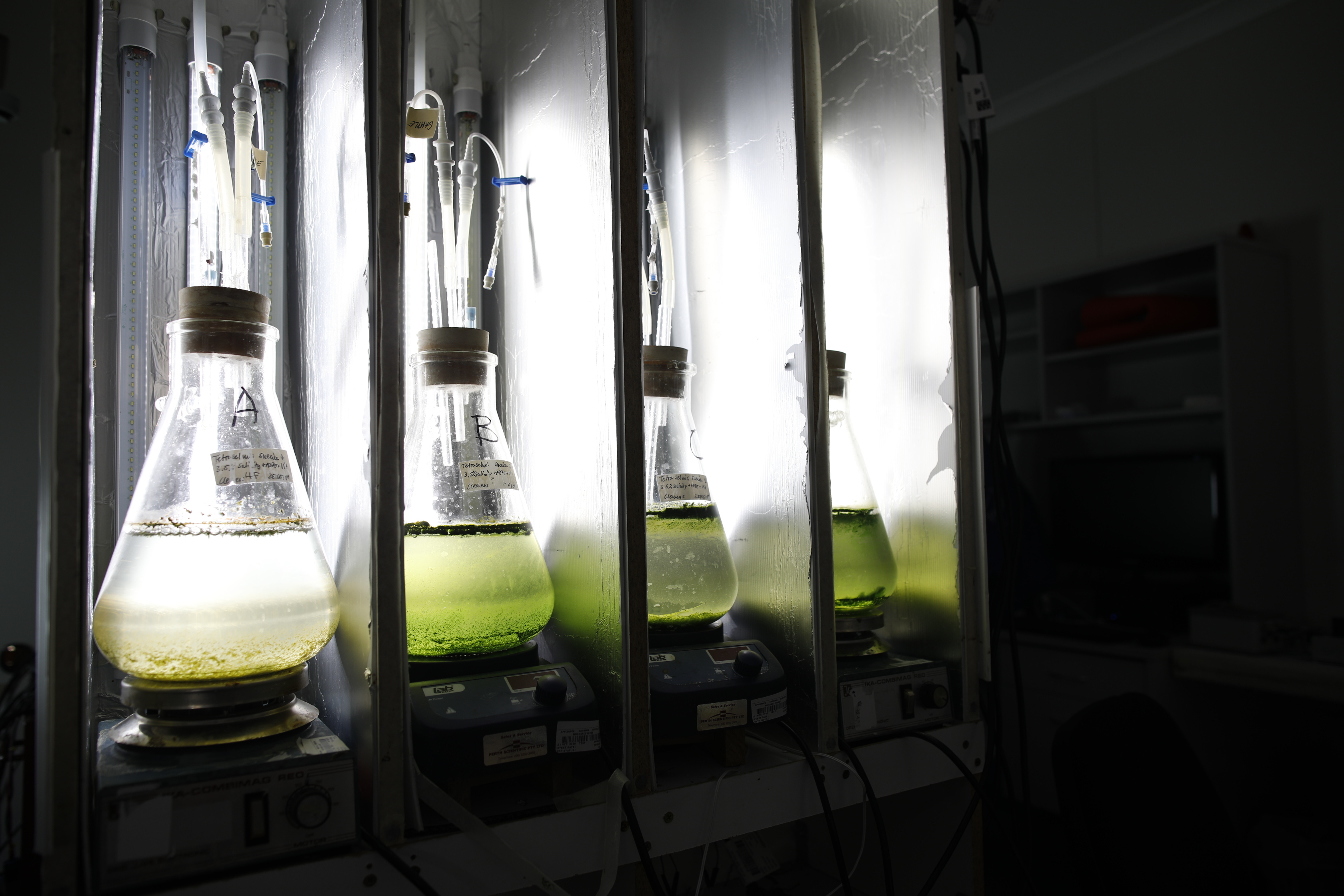Media release
From:
Iron deficiency is the most common nutritional deficiency in the world – and, currently, many people rely on synthetic iron supplements which carry a host of unpleasant side effects.
Mina Ardakani, a PhD candidate from Murdoch University, is looking to create a greener, safer alternative, harnessing the power of an unexpected partner – algae.
“I’m exploring microalgae as a natural source of heme iron, the form of iron that the body absorbs best, currently only found in meat, fish and poultry,” Ms Ardakani said.
“My research focuses on boosting natural heme production in microalgae using non-GMO approaches and developing cost-effective ways to produce it at a larger scale.”
Among the billions of people worldwide who are impacted by iron deficiency, the majority are women and children. Gastrointestinal issues such as nausea, vomiting, diarrhea, constipation, stomach cramps and heartburn often make traditional iron supplements intolerable.
Algae-based heme supplements would be gentle on both the human body and the environment.
Ms Ardakani said the research held a particularly personal motivation, as someone who experienced severe iron deficiency.
“It drained my energy, clouded my focus and affected my life,” she said.
“As a mum, I’ve become even more aware of how important iron is for children’s growth and health.
“I often worry about my two daughters, especially with today’s lifestyles and diets that may not always provide enough nutrients.”
Throughout her PhD research, Ms Ardakani’s personal motivation “grew into something bigger”, discovering just how prevalent iron deficiency was in vulnerable populations, and how difficult it was for some to access treatment options.
“It’s no longer just about me and my daughters, I want my research to help all people, especially children, affected by iron deficiency.
“I hope my work leads to microalgae-based heme supplements. In addition to that, everyday foods like pasta, bread, and plant-based meats could be enriched with edible microalgae powder.”
Supervised by Professor Navid Moheimani, Dr Damian Laird and Associate Professor Abha Chopra, the project builds on initial work by Dr Ulfat J Lithi which examined heme production in microalgae.
Ms Ardakani’s research approaches this from a different angle, finding a non-GMO strategy to enhance heme production.
“I envision a future where microalgae helps people to stay healthy while also protecting the planet - one bite at a time”.



 Australia; WA
Australia; WA


